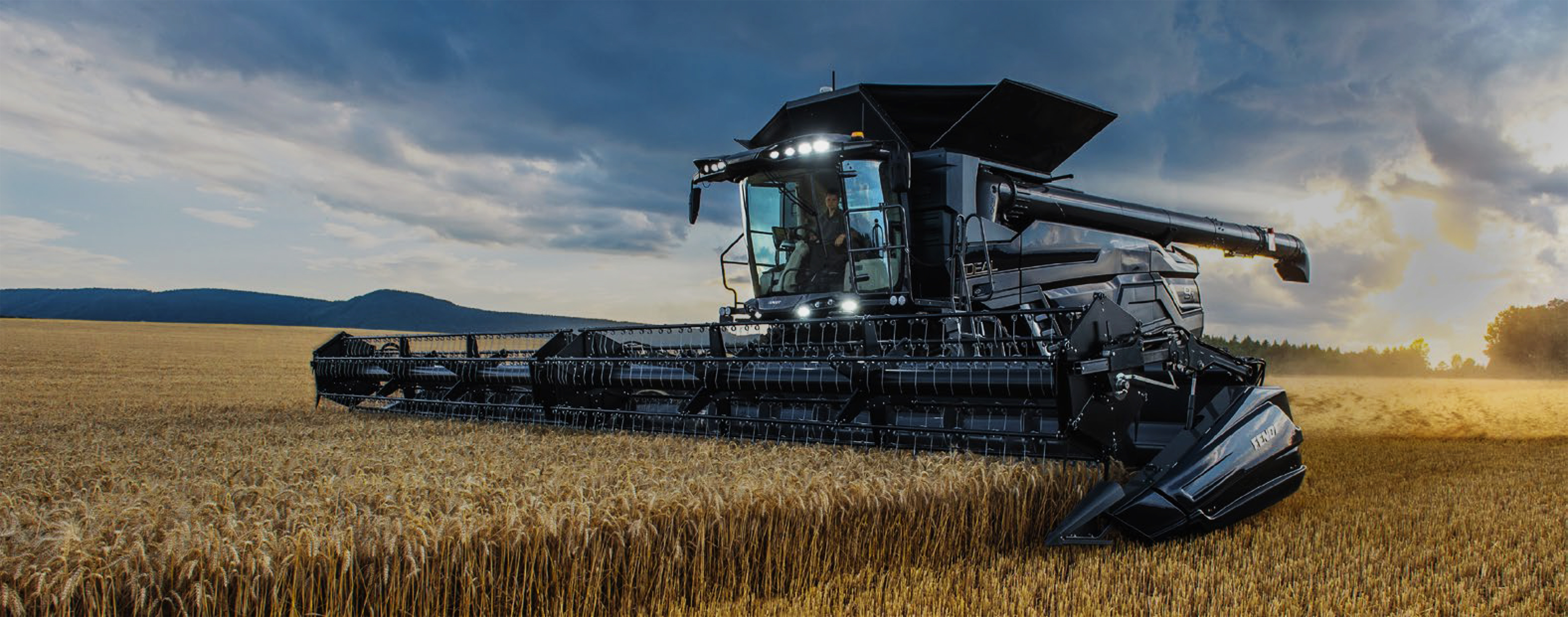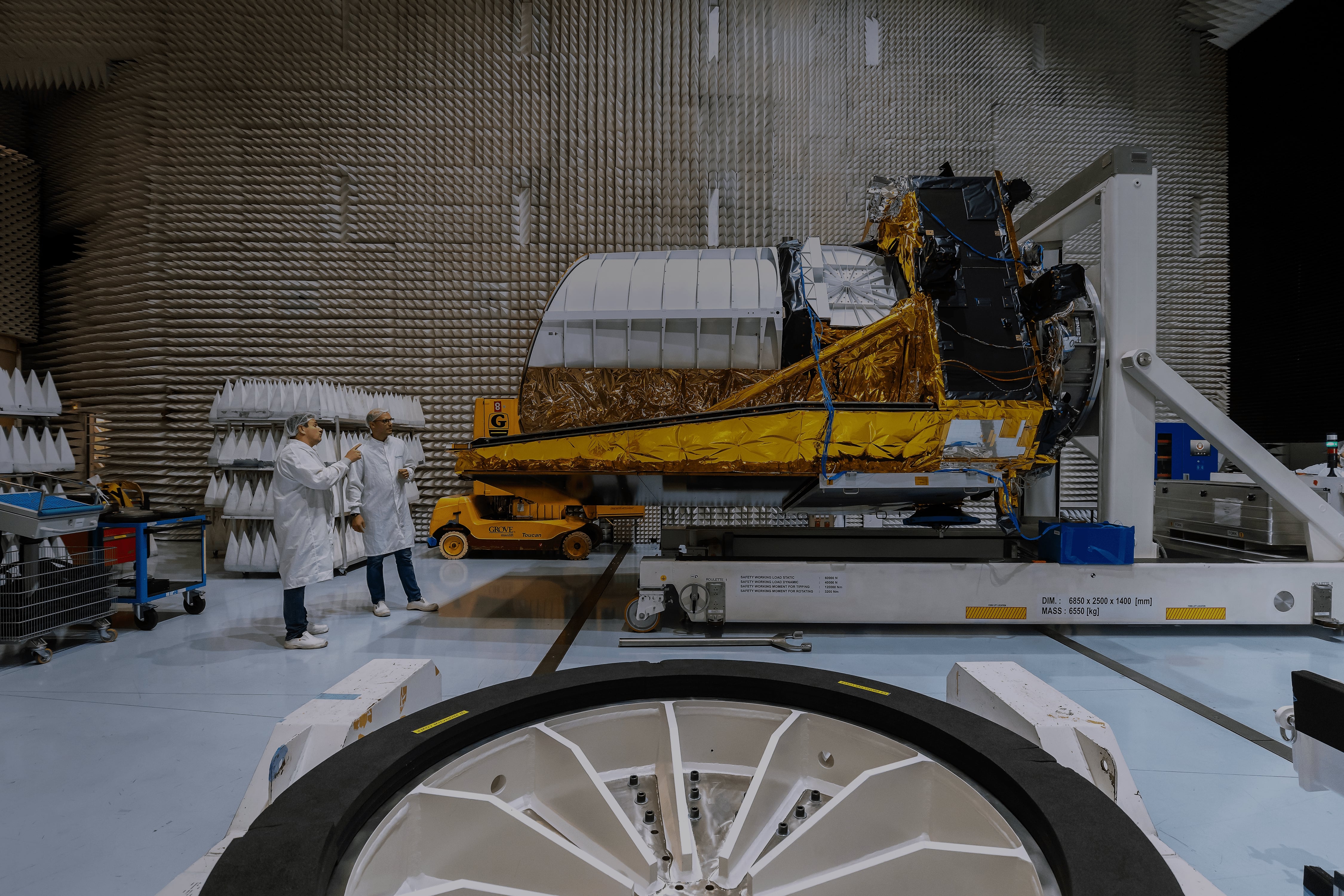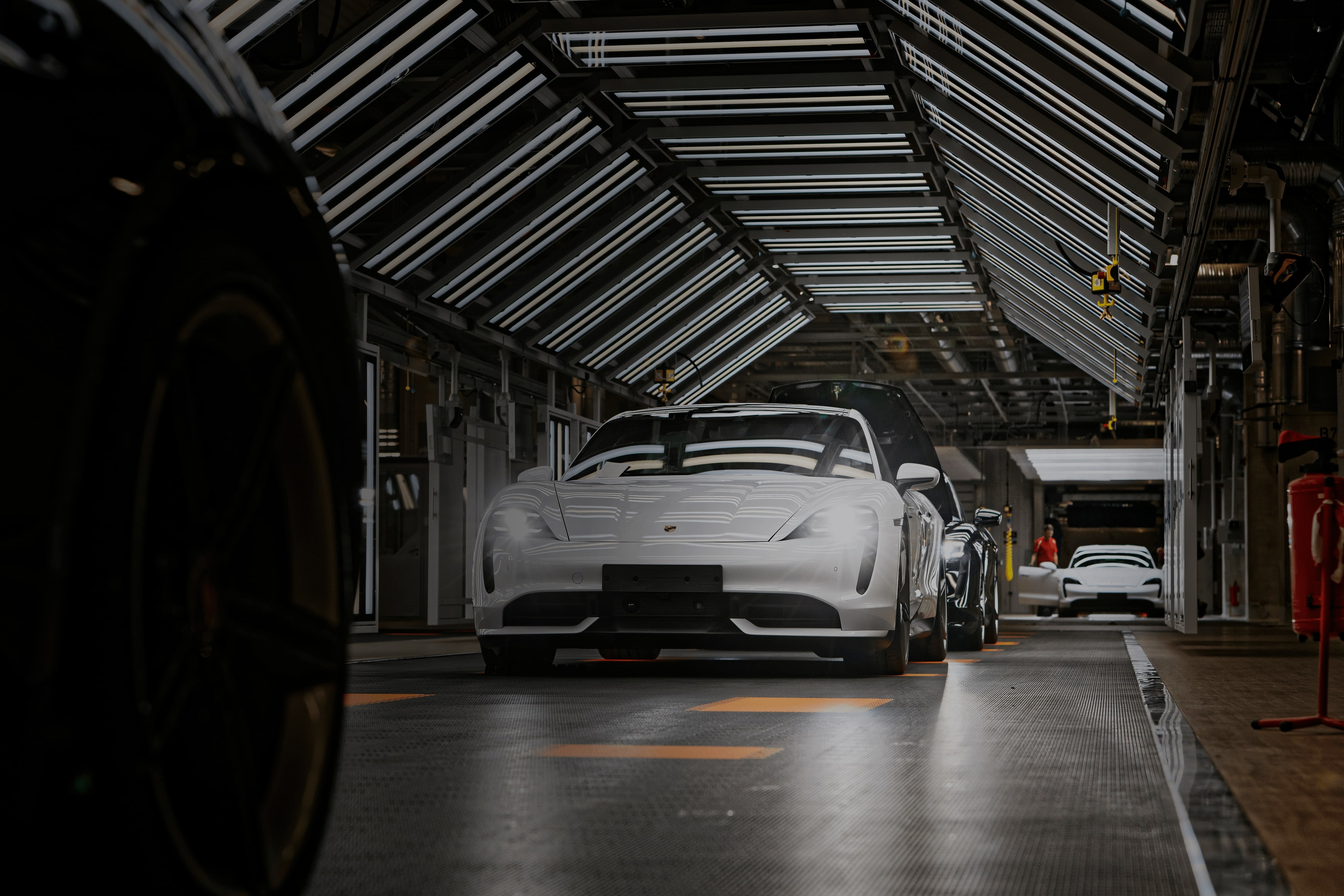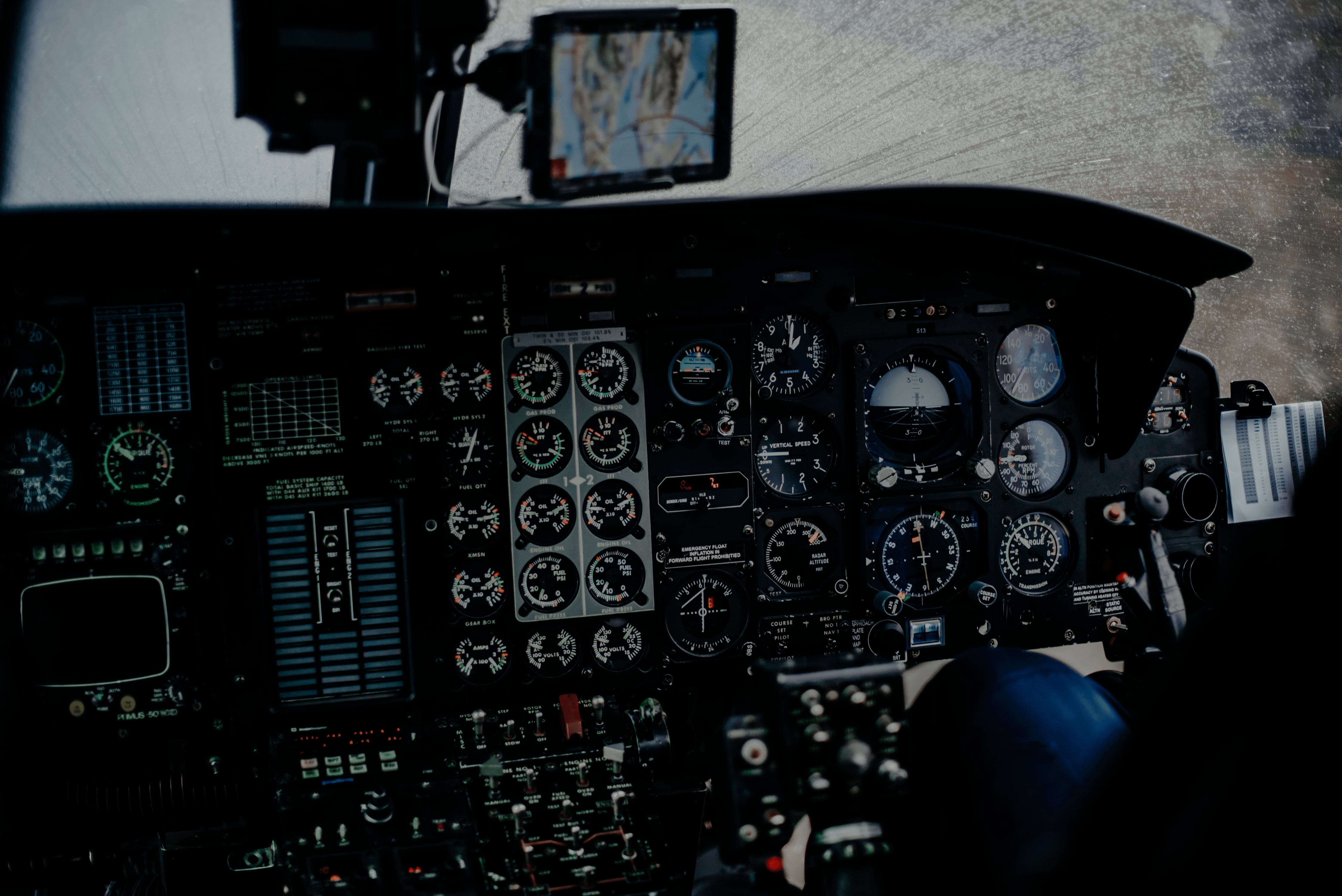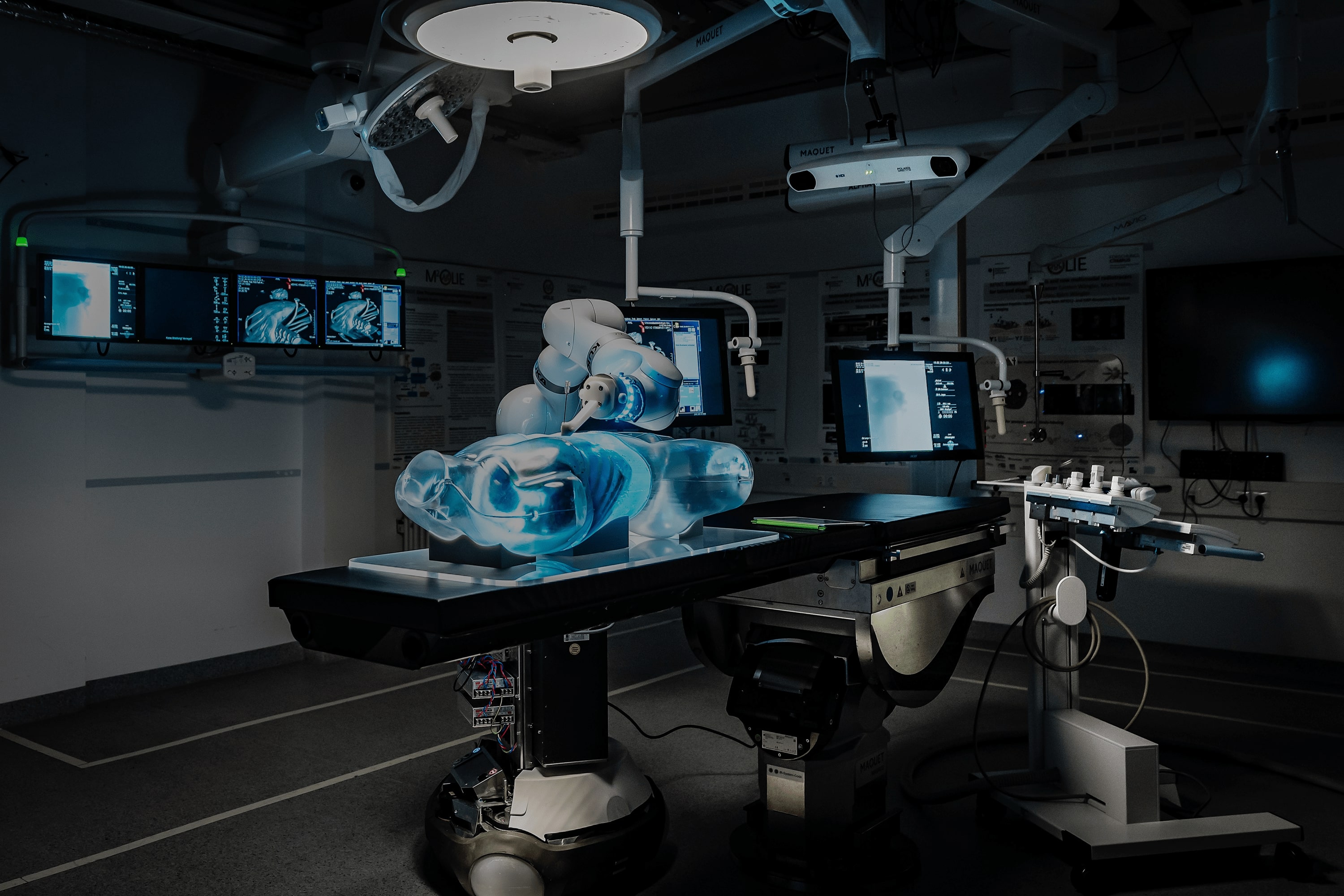Connected Agriculture
No vegetables without data: in the future, a wide range of digital assistants will be used to produce food. They will optimize yields, facilitate fresh regional products, and help protect the environment.
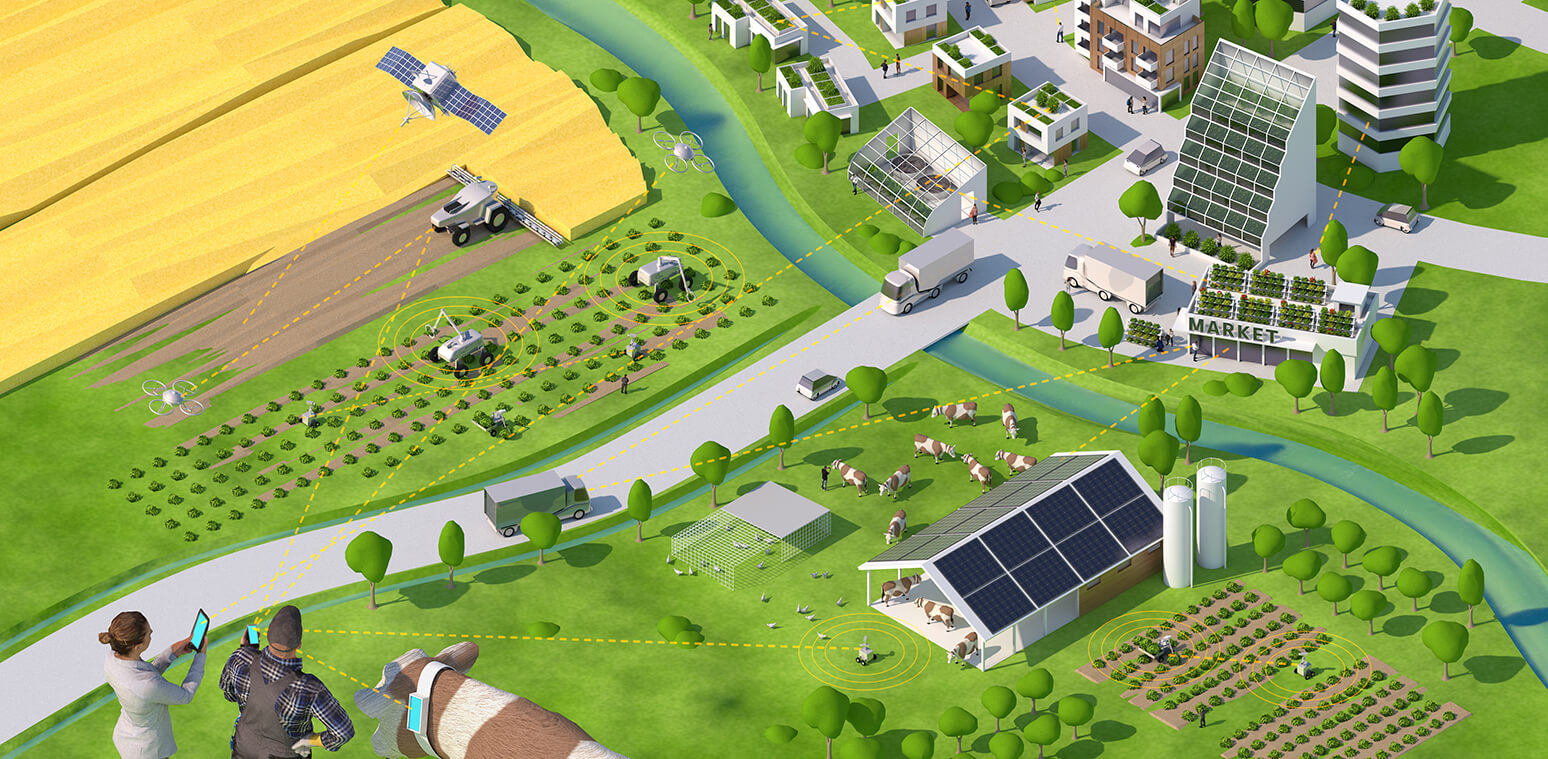
Farms of the Future
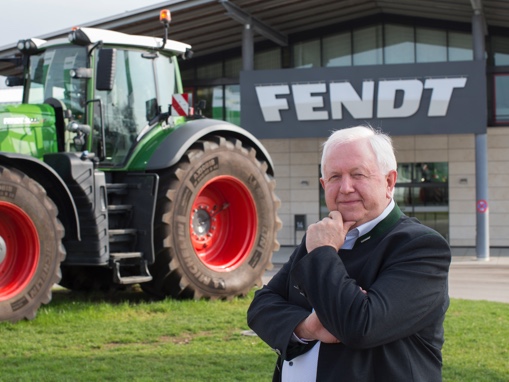
More efficient, precise, and sustainable—that is how the farm vehicles and machinery from AGCO Fendt will have to work in the future. Because in order to feed the world’s growing population, agriculture will have to work more efficiently. That starts with ensuring healthy soil. The nutrients that plants remove from the soil need to be returned to it. It is already possible to spread fertilizer with near-surgical precision and thereby minimize effects on the groundwater. The beneficiaries will be consumers, “who will get sufficient food of unprecedented quality produced in environmentally friendly ways.”
Farms of the future will be operated considerably more intensively than they are today.
The project with Porsche Consulting
Fendt has developed a new strategic orientation with the help of Porsche Consulting. Originally specializing on tractors, the company’s current product range includes combines, forage harvesters, application systems for fertilizers and crop protection agents, and fodder crop equipment.
In 2020 AGCO Fendt aims to sell around 20,000 tractors—in 2018 it sold 16,800, or 12% more than the year before. And this year’s sales are expected to exceed 18,000 units. “At Fendt we focus on people, and try to give them more than they expect,” explains Peter-Josef Paffen.
Barilla — Pleasure with Responsibility
“I’m an epicurean,” says Paolo Barilla, and that’s easy to believe, given that he and his brothers run Barilla, one of Italy’s most iconic companies. Their great-grandfather founded the business back in 1877, more than 140 years ago. Barilla currently has 8,000 employees and twenty-eight production sites, and is represented in 110 countries. It sends its products throughout the world—and now, under the direction of Paolo Barilla, is becoming more sustainable as well. “Pleasure should not come at the expense of our environment,” says this former race-car driver and Le Mans winner.
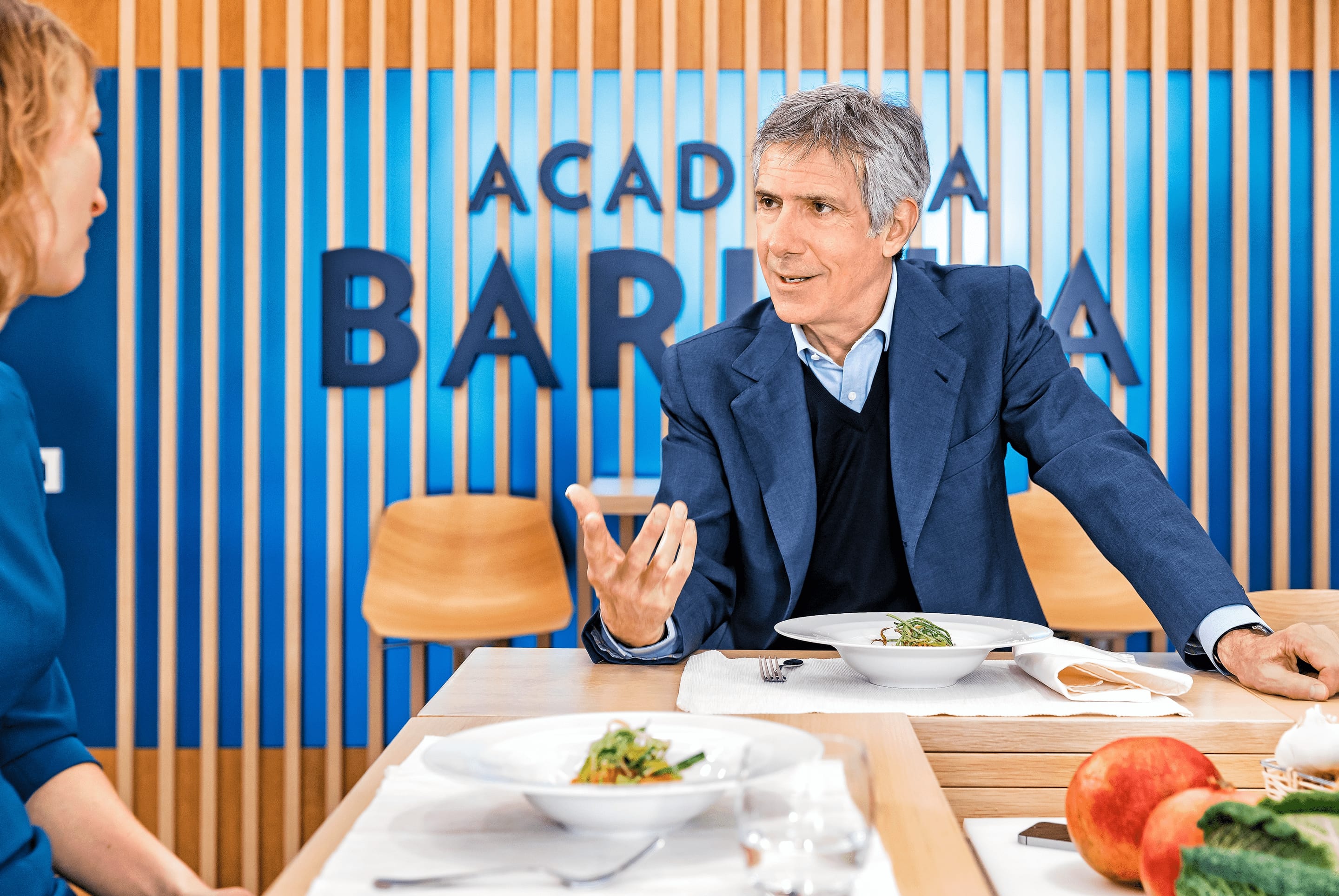
We want to make products that are good for people as well as the planet.
Barilla also sees the need to address the digital transformation. Relevant technologies have already helped to substantially reduce the company’s water requirements and greenhouse gas emissions. But they are also changing Barilla’s relations with its customers and business partners. The company can now contact them directly via social media or the educational programs it offers on healthy lifestyle topics. Paolo Barilla is impressed by the pace of change. “Transformation means that we’re one thing today and something else tomorrow,” he says.
The project with Porsche Consulting
Barilla wants to align its twenty-eight production sites worldwide to Industry 4.0. To this end, Porsche Consulting assisted the long-established company with a pilot project at the world's largest pasta factory: Barilla’s headquarters in the northern Italian city of Parma.
Robots, automatic guided vehicles, and real-time data are the cornerstones of pasta production here—but people are the decisive factor. "Porsche Consulting's approach is a perfect fit for us, because it focuses on people," says Antonio Copercini, Chief Group Supply Chain Officer.
